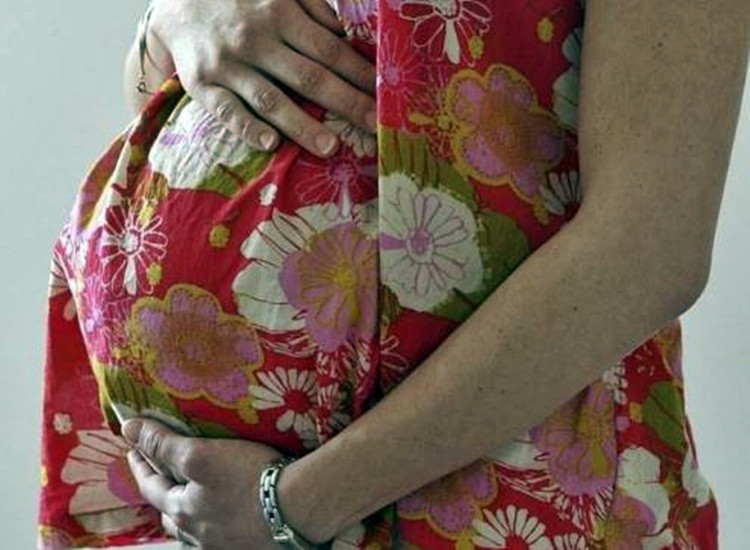Recent data from the Centers for Disease Control and Prevention's National Center for Health Statistics (NCHS) has highlighted a concerning rise in premature births across the United States, with rates escalating by 12% from 2014 to 2022. This uptick in early births, now reaching nearly 8.7%, not only underscores a growing health crisis but also brings to light significant disparities based on race and maternal age.
Black mothers are particularly affected, experiencing preterm births at almost double the rate of their white counterparts, 12.5% compared to 7.6%. Similarly, the analysis pointed out that women over the age of 40 face a higher risk of preterm deliveries than those in the 20-29 age bracket, with rates of 12.5% and 8.23%, respectively. Such disparities raise critical questions about the underlying factors contributing to these trends, including the potential impacts of systemic issues like racism and socioeconomic deprivation.
The analysis, which examined singleton births to ensure accuracy, revealed that preterm births (before 37 weeks of gestation) and early-term births (37 to 38 weeks) both saw increases, with the latter rising by an alarming 20%. These early deliveries pose significant risks to infants, including higher chances of morbidity and mortality, as well as long-term health complications.
Dr. Cynthia Gyamfi-Bannerman, a maternal-fetal medicine specialist, emphasized the multifaceted nature of preterm births, noting that despite extensive research, a comprehensive solution remains elusive. Factors like obesity, high blood pressure, and diabetes have been identified as contributing to the risk of premature births, underscoring the importance of pre-pregnancy health.
The report also delves into the potential exacerbation of these trends by recent abortion restrictions in various states, suggesting that such policies could further complicate maternal and infant health outcomes. The NCHS data, although derived from birth certificates and differing slightly from other reports like the March of Dimes, consistently illustrates a troubling escalation in preterm and early-term births, signaling a need for urgent attention and action.
As the nation grapples with these findings, healthcare professionals stress the importance of early medical intervention for pregnant individuals experiencing symptoms like headaches, changes in urination, or increased blood pressure. Access to comprehensive healthcare remains a pivotal factor in addressing this crisis, with options like the Affordable Care Act and Medicaid being vital resources for those in need.
This surge in premature births not only reflects a public health challenge but also highlights the critical importance of addressing underlying social determinants and ensuring equitable healthcare access to mitigate these trends.






